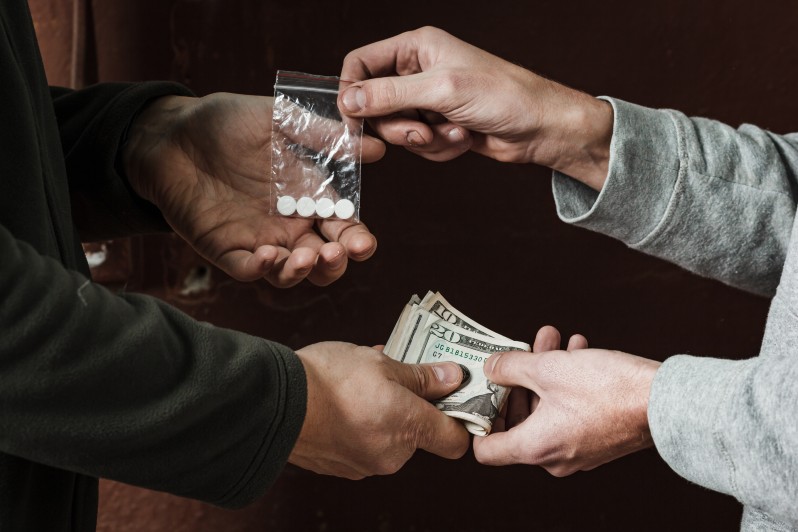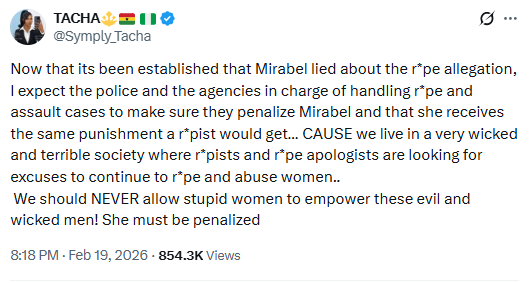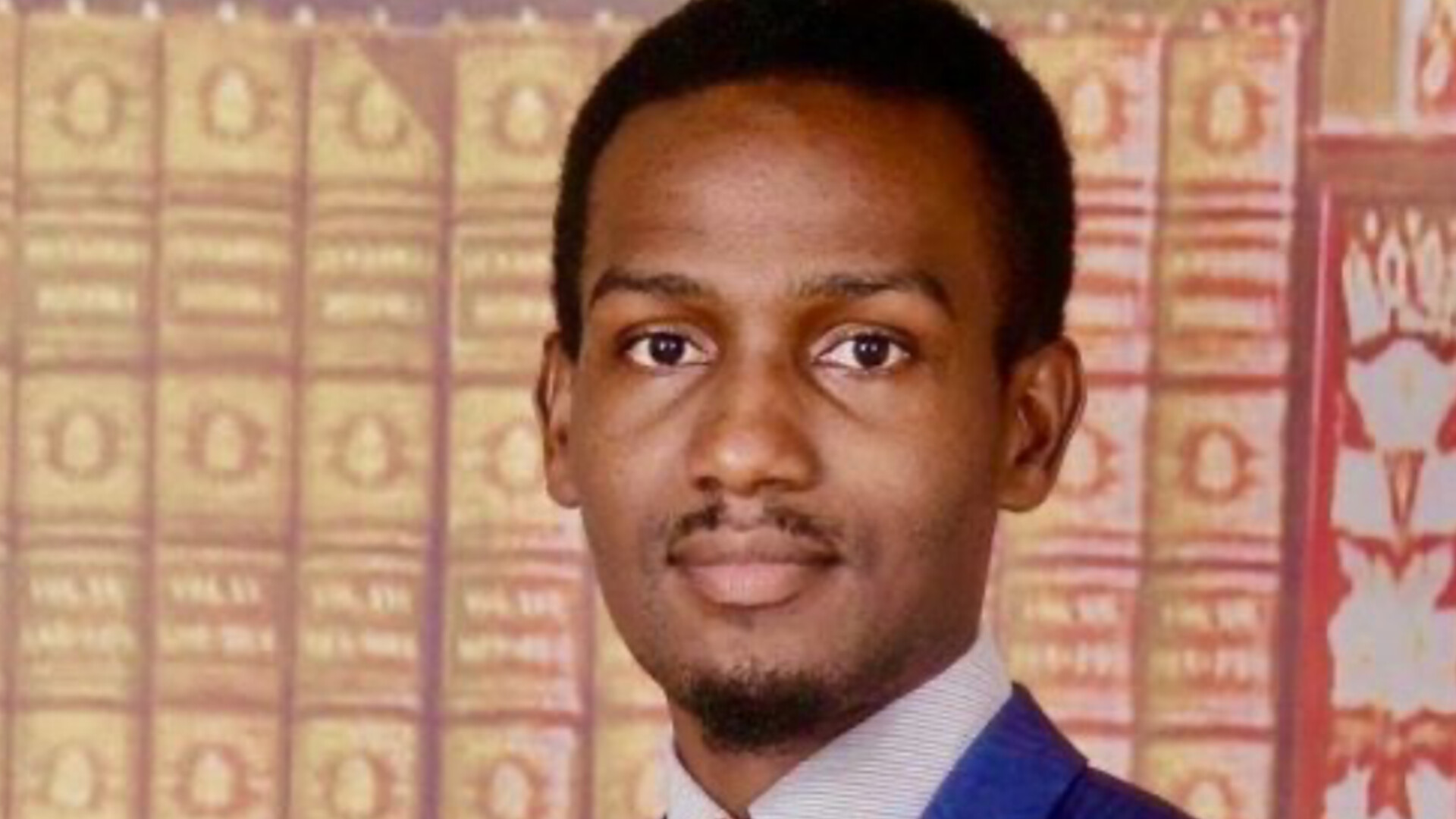Drug trafficking through West Africa is deepening addiction and straining public resources in some of the world’s poorest countries, used to transit contraband towards Europe.
The United Nations sounded the alarm last year that smuggling through the Sahel — a semi-arid region below the Sahara where poverty and armed groups are rife — was on the rise, noting an increase in large-scale cocaine seizures in recent years.
But government officials, doctors and researchers told AFP such trafficking — in addition to providing money for criminal groups — leads to contraband spilling over into the local market in low-income countries, where treatment options are sparse.
“Once it finds its way into the system, even if the rationale behind it is to export it to other countries, some will find itself within the country,” said Alexander Twum Barimah, deputy director general of the Narcotics Control Commission in Ghana.
West Africa has long been “a natural stopover” for drugs — mostly cocaine from Latin America — making their way to North Africa and Europe, mostly through maritime routes but increasingly overland, a 2024 report from the UN Office on Drugs and Crime (UNODC) noted.
Heroin and meth from Asia also pass through the region, en route from east and southern Africa towards Europe, according to the UN.
While drug profits are higher in Europe, some contraband ends up diverted along the way, notably when low-level traffickers are paid in-kind, experts say.
According to the Global Initiative Against Transnational Organised Crime (GI-TOC), as much as 30 per cent of Europe’s cocaine could be transiting through West Africa, as routes from South America come under pressure from law enforcement and European demand rises.
The problem of drug abuse is not new in West Africa, and some drugs, including cannabis and meth, are produced locally.
But countries in the region can hardly handle the influx from trafficking.
According to 2019 UN data, 14.4 per cent of Nigerians aged between 15 and 64 years had used drugs in the past year — more than double the global average of 5.6 per cent.
That figure is expected to keep rising, Akanidomo Ibanga, Nigeria country project officer for the UNODC, told AFP, due to trafficking, the proliferation of conflict and a booming youth population facing a lack of economic opportunities.
– Rehab centres lacking –
Six states in Nigeria don’t have a single drug treatment centre, while another nine only have one, according to a 2022 count.
The entire country of more than 200 million people has only 2,500 beds, Ibanga said — meaning some 10,000 people can be treated in a given year, out of the estimated three million Nigerians who need help.
On a quiet street on the outskirts of Abuja, the offices of Vanguard Against Drug Abuse lie behind an unmarked gate, indistinguishable from the houses around it, in an effort to provide privacy for those staying there.
Inside are chess boards, a ping pong table and meeting spaces for group therapy. Its 600,000 naira ($400) per month rate for in-patient therapy is described by founder Abraham Hope Omeiza as heavily discounted — but is still nearly nine times the minimum wage.
The 500 or so people Vanguard treats in both in-patient and out-patient therapy each year “is not enough”, Omeiza told AFP.
– Shifting local markets –
Moving drugs through West Africa also entrenches corruption in the region, researchers warn.
In Sierra Leone, investigative journalists have linked Dutch national Jos Leijdekkers, who is on Europol’s most-wanted list for cocaine trafficking, to the local political elite, including the president’s family.
The country, which only has a single psychiatric hospital, is currently battling an epidemic of people using kush — a synthetic cannabinoid used locally — as well as crack, derived from cocaine.
Ibrahim Kargbo, a senior director at the National Drugs Law Enforcement Agency, told AFP his agency is worried Sierra Leone “is rapidly becoming a trafficking corridor”.
In Ghana, a 2021 survey found cocaine was the most widely abused drug in the greater Accra region, followed by heroin and crack.
The region is also seeing an influx of tramadol, an opioid imported for the domestic market, but which has been aided in part by the success of heroin dealers.
In recent months, Ghanaian authorities have put out education campaigns against “red”, a high-strength variant of tramadol.
“If you are in that space where you cannot afford heroin, you rely on red,” said Maria-Goretti Ane Loglo, who has researched drug use in Ghana.
Nana Twum, a farmer in Ghana’s Western Region, told AFP earlier this year that “when I use them, I feel stronger at work.”
“But I have realised it is affecting me because I become weak when the drug wears off,” he said, adding that he was hoping to wean himself off.
A few weeks later, he was receiving treatment at the Nkwanta Regional Hospital.
“The process has not been easy, but I know it is the best choice,” he said.
punch.ng
FOLLOW US ON:
FACEBOOK
TWITTER
PINTEREST
TIKTOK
YOUTUBE
LINKEDIN
TUMBLR
INSTAGRAM
































